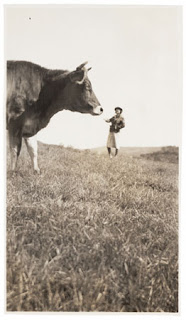Ever modest, Mailer seems to offer that he was too tough to risk a beating by police as well as too tough to risk joining the candlelight vigil afterward protesting the police beatings. The means by which he was able to attain the objectivity necessary to make such statements may have something to do with Mailer referring to himself in the third person as “the reporter”:
The Protests:
“The reporter had an aversion to this. Besides, he was afraid of his own violence. It was not that he was such a good fighter, but he was not altogether courteous either – he had broken a man’s jaw in a fight not so long before, and was not certain the end of that was yet heard…He was not afraid of his own violence because he necessarily thought it would be so heinous to break a policeman’s jaw, good law-abiding citizen that he was! It was more that he was a little concerned with what the policeman’s friends and associates might do to him immediately afterward.”
The Vigil:
“The reporter did not join them…He could see them attacked by gangs, and the thought of taking a terrible beating in this company of non-violent McCarthyites and McGovernites, shoulder to shoulder with Arthur Miller, Jules Fieffer, Theo Bikel and Jeremy Larner, no, if he was going to take a beating, it was best to take it alone or with people he felt close to, people who were not so comparatively innocent of how to fight.”
--Miami and the Siege of Chicago
Actual footage of the reporter's own violence


















